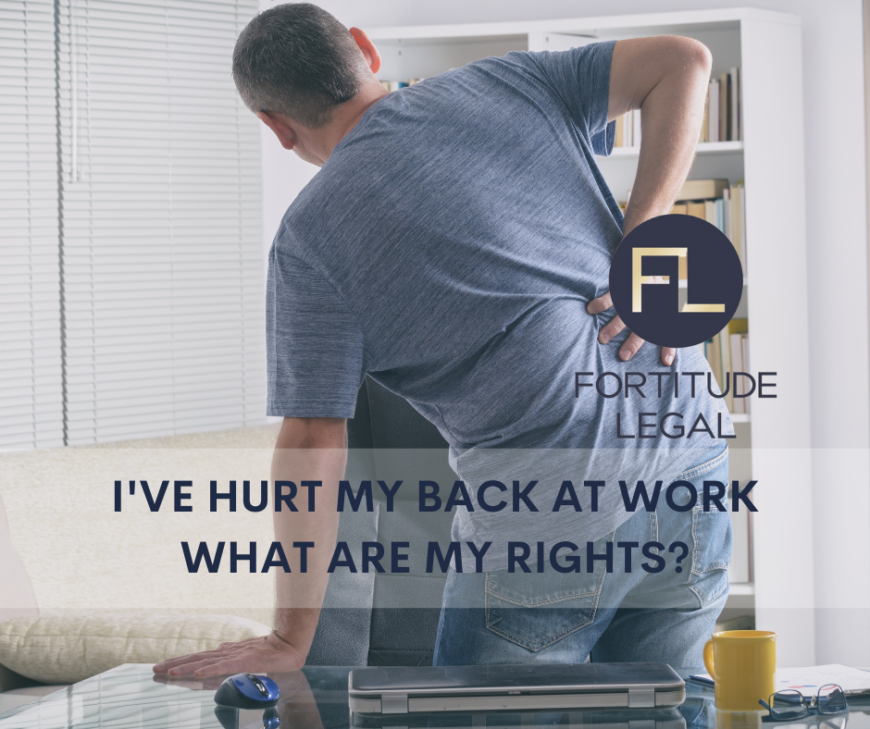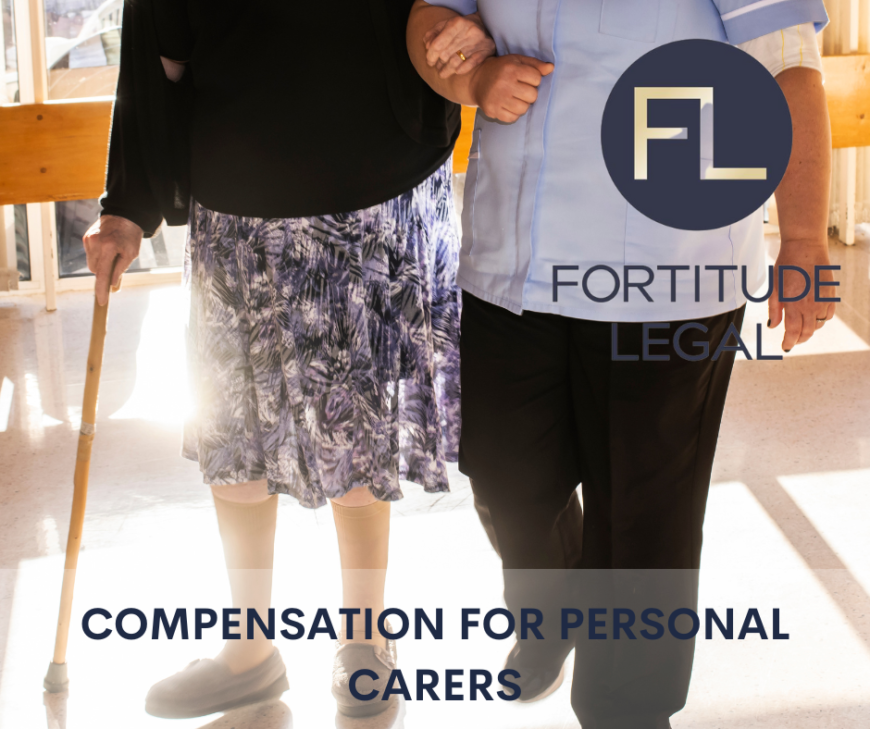Posts Tagged ‘#injuredatwork’
I’ve Hurt My Back At Work – What Are My Compensation Entitlements?
I’ve Hurt My Back At Work – What Should I Do? If you have suffered an injury to your back at work, you might be able to make a claim for compensation. You may have suffered a back injury in the course of your employment due to heavy lifting, a slip and fall, or unsafe…
Read MoreInjured Personal Care Attendant – What Are My Rights?
Injured Personal Care Attendant – What Are My Rights? Personal care attendants and other health care workers have the right to be safe at work. Employers have an obligation to take reasonable care for the health and safety of personal carers, employed in both hospital and community settings. The responsibilities contained in the Workplace Injury…
Read MoreSilica Dust Exposure – Engineered Stone Ban
In light of recent developments regarding the banning of engineered stone in Australia, it is imperative to address the implications for the synthetic stone industry. The ban comes as a response to growing concerns over the health risks associated with silica exposure, particularly during the fabrication and installation of synthetic stone products. Silica Exposure:…
Read More


